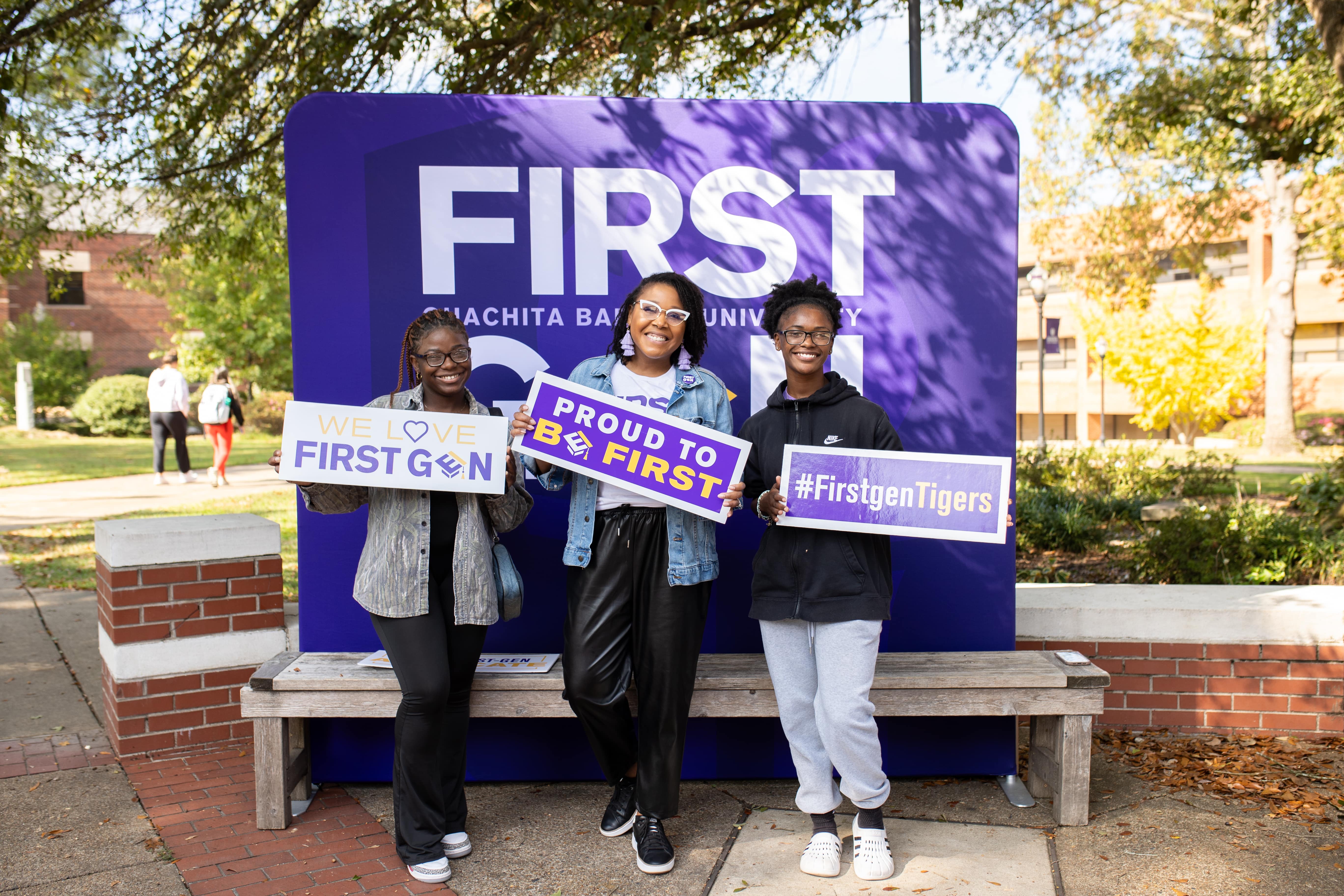By Jordan Dallimore, Staff Writer
In recent months, podcasts have emerged as a pivotal platform for political engagement, offering politicians unique opportunities to connect with voters. Notably, Vice President Kamala Harris’s appearance on the “Call Her Daddy” podcast and former President Donald Trump’s guest appearance on “The Joe Rogan Experience” have sparked both interest and controversy. As traditional media struggles to capture people’s attention, these podcast appearances reveal how political figures are shifting their communication strategies, but not without backlash.
Harris’s visit to “Call Her Daddy,” a podcast known for its open discussions about relationships and pop culture, was a bold move aimed at reaching a younger demographic. By entering this typically casual environment, Harris sought to humanize her political persona and address important topics like women’s rights and empowerment. However, the choice of platform was met with criticism. Critics questioned whether a vice president should be associated with a show that often focuses on provocative content. Some argued that it could undermine her credibility and shift attention away from crucial political issues.
On the other hand, Trump’s appearance on “The Joe Rogan Experience” presented a different kind of challenge. Rogan’s informal style provided Trump with an environment where he could discuss his views openly. While some appreciated the opportunity for an open dialogue, many voiced concerns about normalizing Trump’s controversial statements and behavior. Critics accused the podcast of giving a platform to misinformation, especially given Trump’s history of making baseless claims.
Both illustrate the complications of political figures engaging with non-traditional media formats. Podcasts can facilitate deeper conversations that resonate with audiences often disregarded by traditional news outlets. However, the informal nature of podcasts can blur the lines of accountability, raising concerns about how messages are conveyed and received.
Listeners are not just consumers, but active participants. They engage with the content and shape opinions, which can increase the risk of misinformation. This dynamic was evident in the reactions to both Harris’s and Trump’s podcast appearances. Critics argue that such platforms should be used with caution, particularly when addressing serious issues. For instance, while Harris’s aim may have been to empower women, some felt her choice of platform weakened the seriousness of her role.
Moreover, the backlash faced by both political figures raises questions about authenticity and strategy. Are they genuinely seeking to connect with younger voters, or are they simply using trendy platforms for political advantage?
The rise of podcasts as a space for political dialogue presents both opportunities and challenges. The appearances of Vice President Kamala Harris and former President Donald Trump, illustrate the potential of this medium to connect with listeners in a meaningful way. However, the backlash they faced reminds us that how political figures communicate matters. As more politicians look to podcasts, they must find a balance between authenticity and accountability while also understanding how much these podcasts shape how people think. The future of political conversation could depend on how well they manage this balance.








